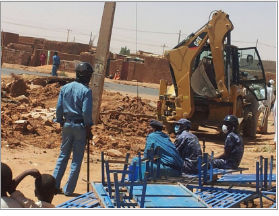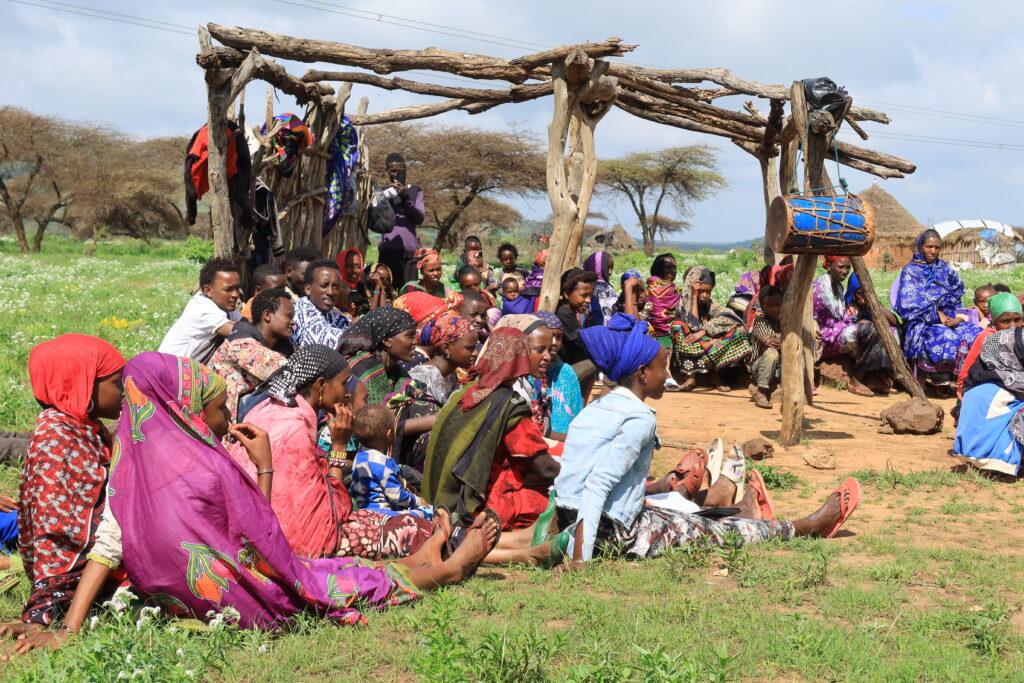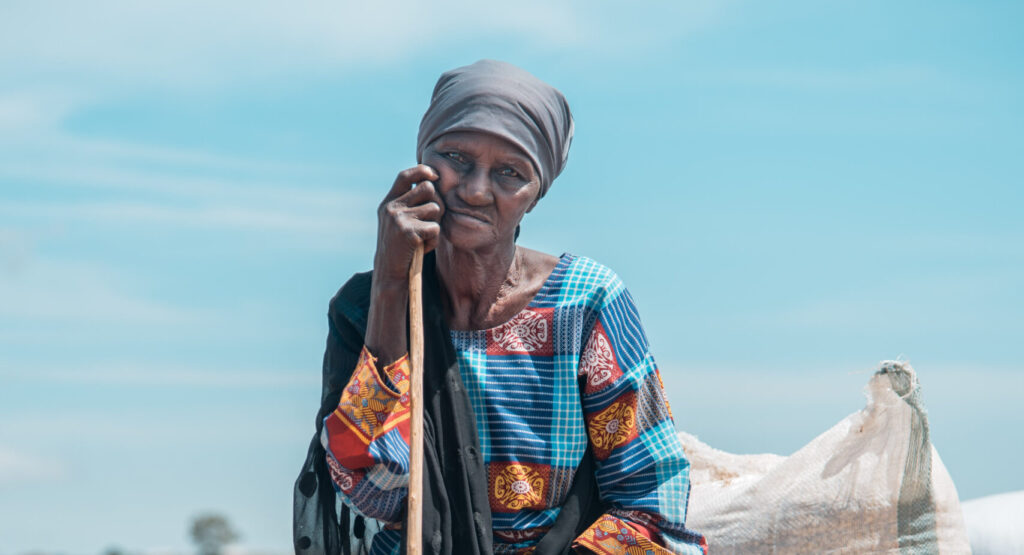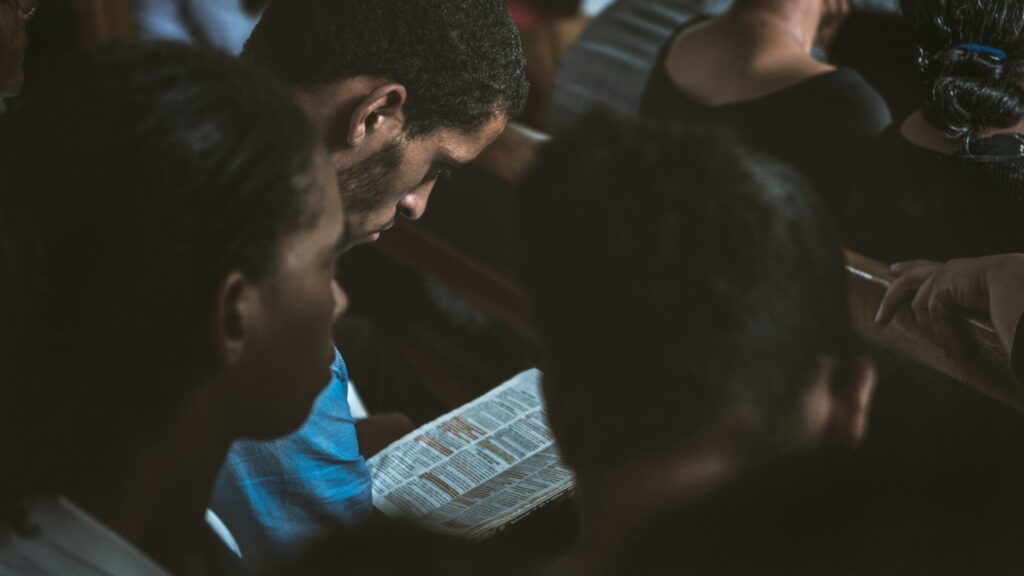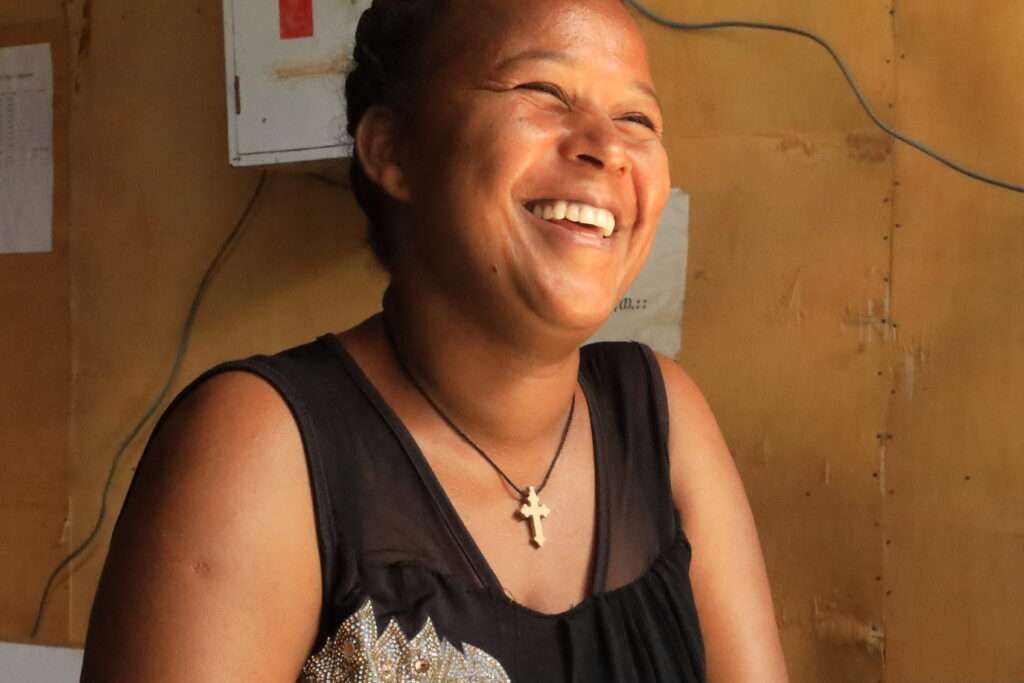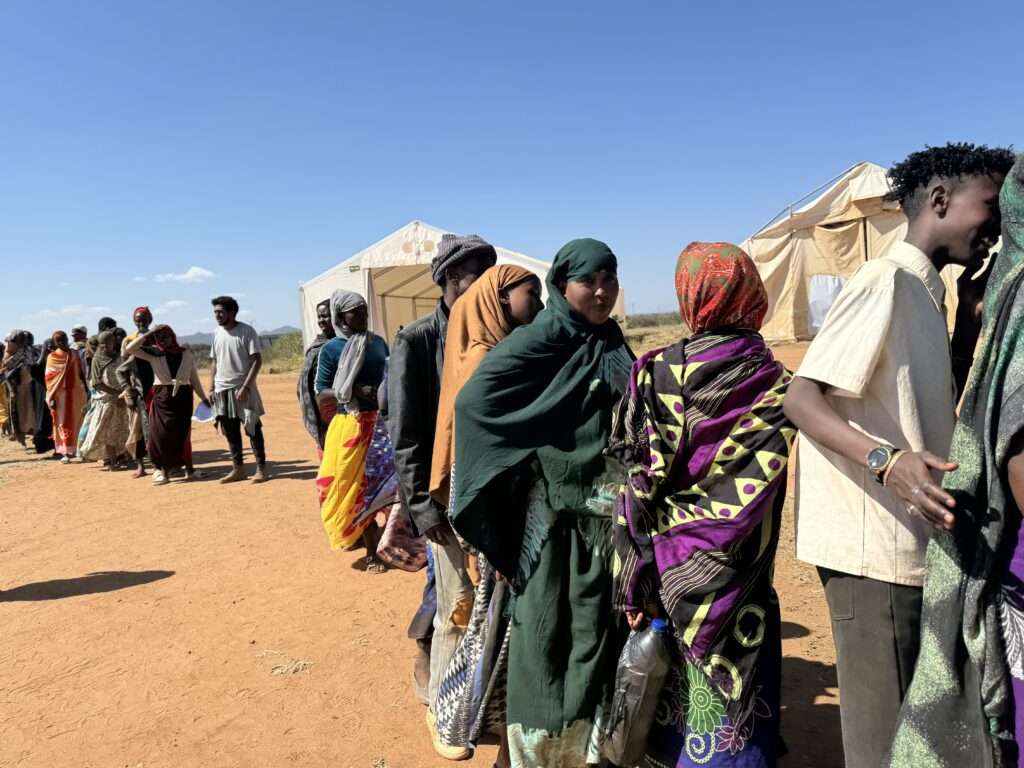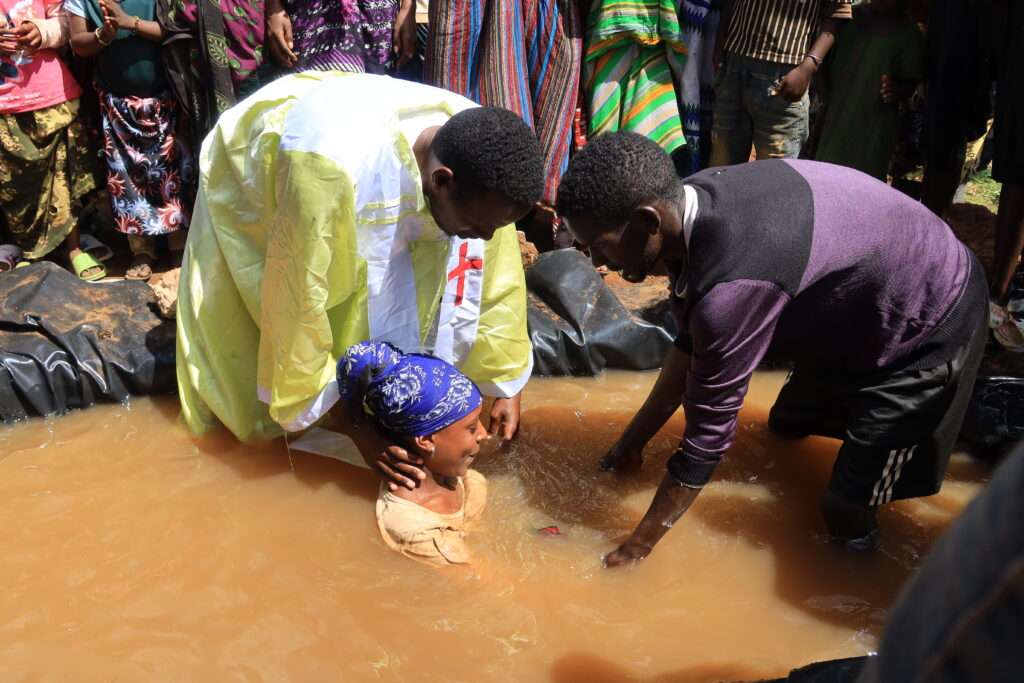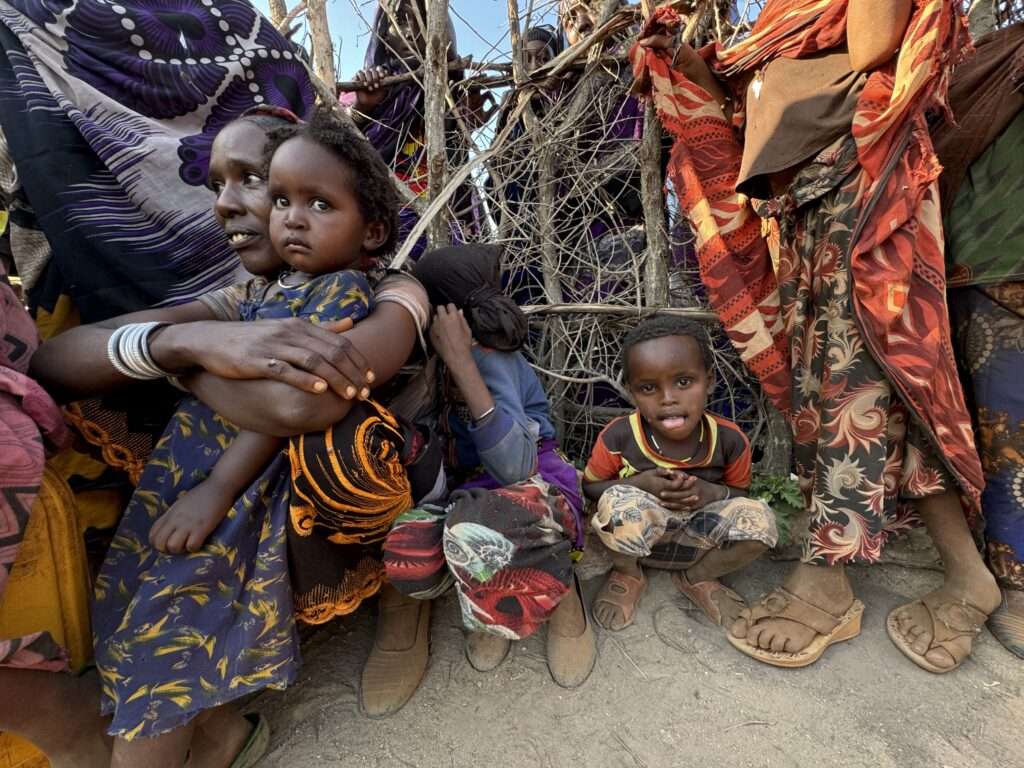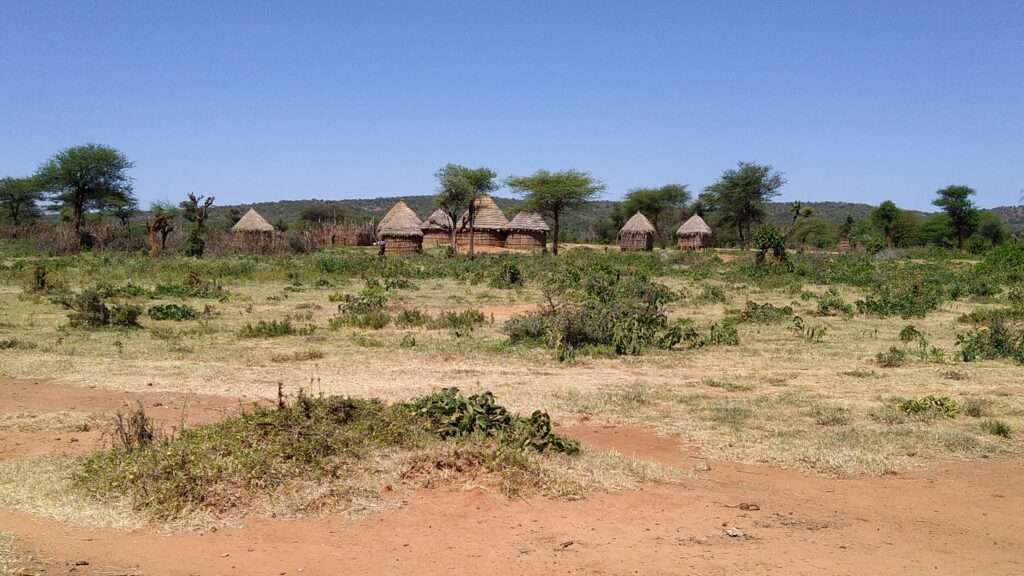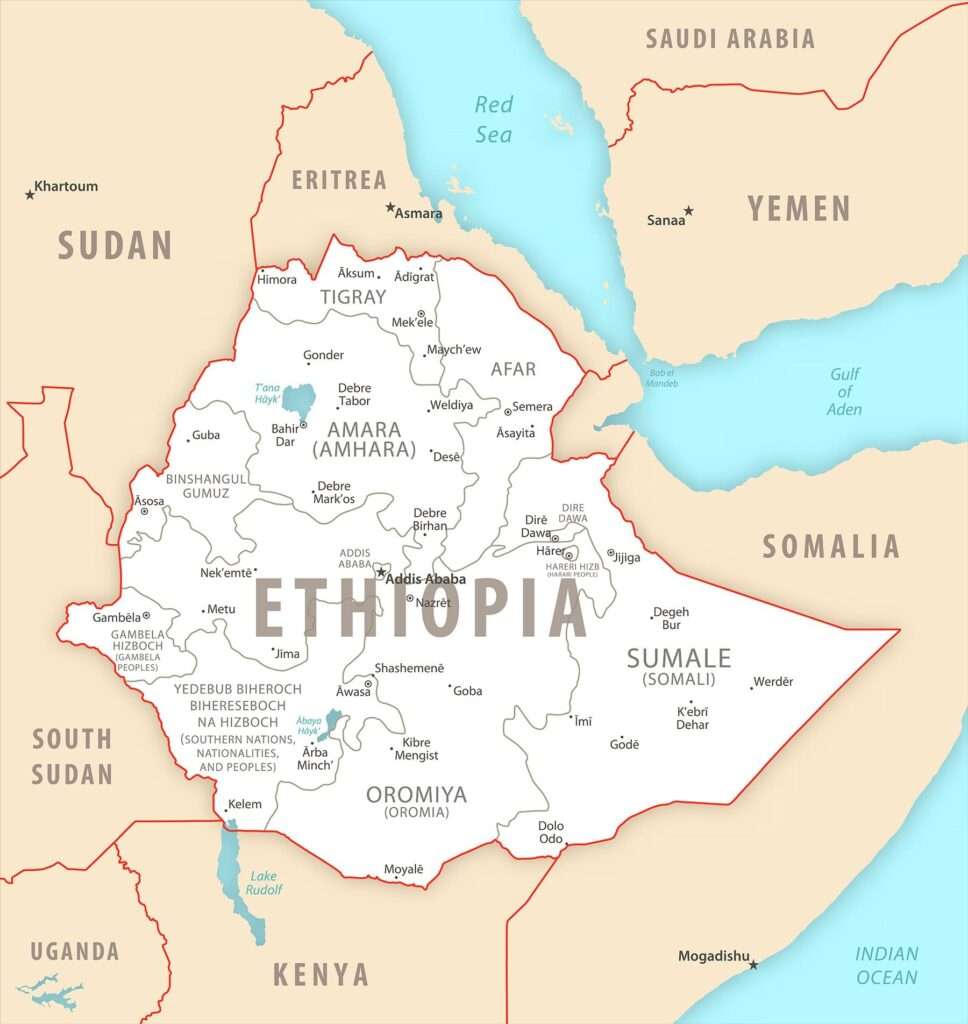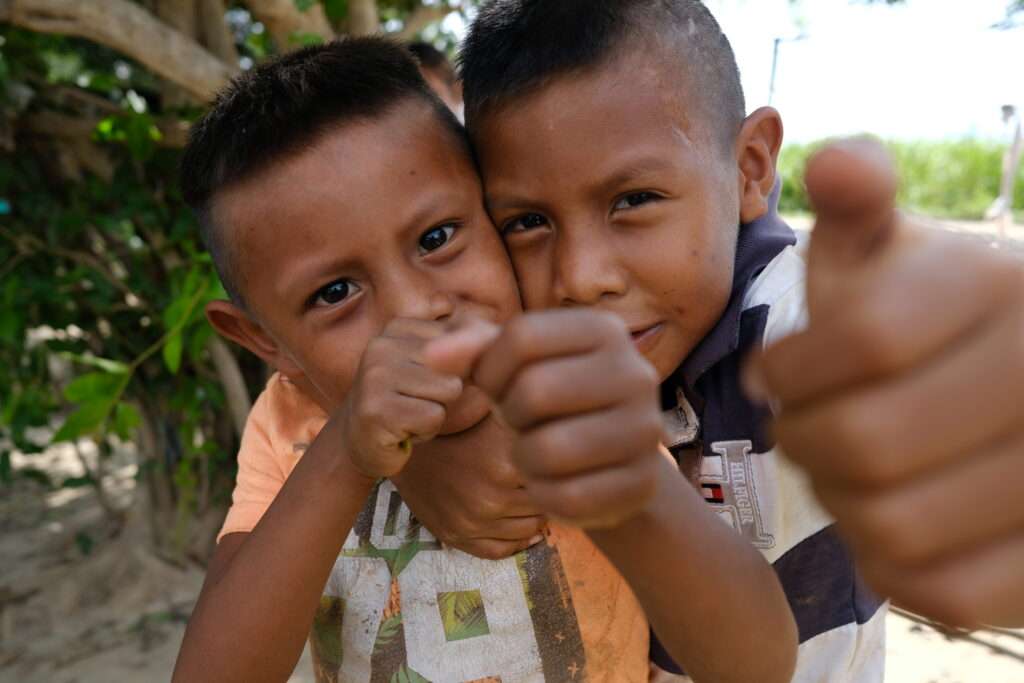an SCOC building on Oct. 27, 2015 without prior warning, church leaders said. Local authorities said the SCOC building was on government land, a claim church leaders adamantly denied.
Karari officials in Omdurman, across the Nile River from Khartoum, reportedly authorized the demolition of the church building claiming it was built on government land allocated for a field. In the demolishing of the LCS church on Oct. 21, the local authorities said it was built on land allocated for business, though a mosque stands nearby.
Ethnic Nuba have long suffered discrimination from the Arab population and authorities of Sudan. The Nuba people have longstanding complaints against Khartoum, including neglect, oppression and forced conversions to Islam in a 1990s jihad.
Sudan fought a civil war with the south Sudanese from 1983 to 2005, and in June 2011, shortly before the secession of South Sudan the following month, the government began fighting a rebel group in the Nuba Mountains that has its roots in South Sudan.
Sudanese authorities on Feb. 17, 2014 demolished another SCOC church building in Omdurman without prior notice. Bulldozers accompanied by local police and personnel from of Sudan’s National Intelligence and Security Services (NISS) destroyed the worship building in the Ombada area of Omdurman, sources said.
On Aug. 24, 2014, NISS agents padlocked the building of the 500-member Sudan Pentecostal Church (SPC) in Khartoum, which housed the Khartoum Christian Center (KCC).
Due to its treatment of Christians and other human rights violations, Sudan has been designated a Country of Particular Concern by the U.S. State Department since 1999, and the U.S. Commission on International Religious Freedom recommended the country remain on the list in its 2016 report.
Sudan ranked eighth on Christian support organization Open Doors’ 2016 World Watch List of 50 countries where Christians face most persecution.
